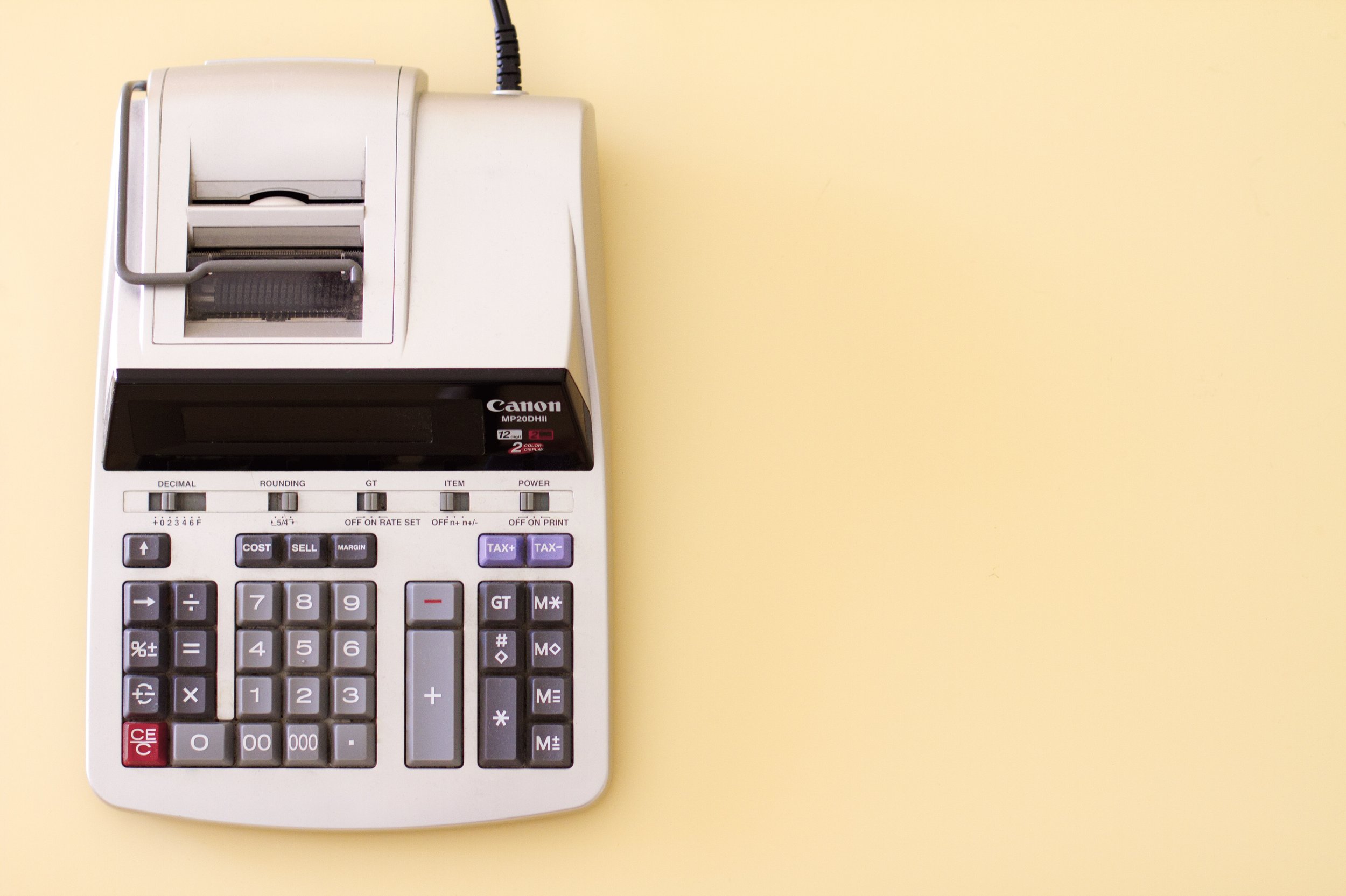1031 Exchange vs. Cash Out Refi: Which Is Best for You?
If you’re anything like me, you’re constantly evaluating your real estate portfolio to determine if your equity is being utilized to its best potential.
And that means exploring all options to see if you could pull out your equity and utilize it elsewhere for a better return.
There are really two ways that you can realize this equity in any of your investments: either you sell the property or you perform a cash out refinance.
But which is better for you: selling your property and performing a 1031 exchange or refinancing the project and pulling your cash out?
First, What is a 1031 Exchange?
In short, the 1031 like-kind exchange is derived from the Internal Revenue Service’s 1031 tax code, which allows any property held for business or investment purposes to be sold and the proceeds exchanged into another property without having to pay capital gains taxes.
That is to say, this code allows you to retain all of the profits when you sell a property and then re-invest them into a property of equal or greater value, as long as you locate and purchase the new property within a certain time frame.
Take a deeper dive into 1031 exchanges.
And What is a Cash Out Refinance?
A cash out refinance is similar to a traditional refi, whereby you place new debt on the property and pay off the old loan.
However, if you’ve created enough equity in the property through value-add or have held it long enough to build up an equity position, you can actually take on a larger loan, so long as the debt service coverage ratio doesn’t dip below 1.2 or so, meaning you will actually take out more cash from the new loan than you originally put into the property.
Pretty neat, right?
This cash that you “pull out” from the property is considered a loan, so it’s completely tax free, and you’re welcome to spend it on anything you want (hopefully, more real estate investments!)
Which is Better: 1031 Exchange or Cash Out Refi?
Well, just like everything in commercial real estate: it depends.
Before you can really determine which path is best for you, you should ask yourself the following questions:
What Are The Pros and Cons of each option?
Well, with a 1031 exchange, you get a large chunk of cash and can immediately move that into a larger property - certainly a pro.
However, you no longer own the original asset, which can be seen as a con. And, if you don’t properly execute the 1031 exchange, you could end up liable for capital gains taxes from the sale.
In a cash out refi, you will be taking out capital tax free since it’s actually a loan, which is always nice, but you will likely be increasing your monthly debt service and decreasing your cash flow, which could be a con.
There are also fees that the lender will charge when going through a refi, but you do get to keep the property and grow your portfolio.
What Are Your Long-Term Goals Here?
What are your long-term goals for this building and this location?
If you’re only looking to find the next strong investment opportunity that gives you decent cash flow and appreciation, then you’re likely going to take the 1031 exchange route. That will give you more capital to buy a larger project elsewhere.
However, if this property is in your neighborhood and you’d like to hold on to it for a long time because of that, you’re likely going to refinance the site so that you can continue to cash flow and hold onto it.
Your long-term goals will certainly play a factor into your decision.
What Was Your Original Intent With The Property?
If your strategy was to fix a building up and flip it for a quick profit, you likely won’t qualify for a 1031 exchange, which would (obviously) eliminate that opportunity, altogether.
In that case, you’re likely utilizing the BRRRR strategy and will want to refinance the property as soon as possible to pull out that equity you’ve created.
Your original intent for the site only really matters for the 1031 since there are more steps to properly qualifying for a like-kind exchange.
You Could Actually Do Both…
The beauty of both strategies is that they allow you to snowball your wealth, so long as you keep the capital you extract in play.
Let’s say you purchase an office building, fix it up, and stabilize it with new tenants. You’ve created quite a bit of equity in that property and now you want to pull that out. You could execute a cash out refi, buy a shopping center, and after you’ve held that shopping center for a while, you could sell it and 1031 exchange the proceeds into a third property.
On the flipside, if you wanted to sell that office building, you would be able to 1031 exchange those proceeds into the shopping center and immediately refinance after the closing to pull out some of that trapped equity.
Of course, none of these strategies are quite that simple, so I recommend you consult your broker, attorney, and CPA when considering any big financial moves.
Which Do I prefer?
I actually like to utilize the cash out refi strategy over the 1031 exchanges.
That’s because my investing strategy is a bit unique compared to most investors: I prefer to invest as much as I can within a 15 minute radius of my office (largely East Nashville and Madison). I also own a commercial real estate brokerage and a commercial property management company that run my projects, so it helps when we have a concentration of products in a manageable territory.
So, I’m more of a buy and hold kind of guy, but there’s certainly a season for each strategy and I’ve sold assets to perform a 1031 exchange under the right circumstances.
Frequently Asked Questions
How Soon Can You Refinance a 1031 Exchange Property?
As soon as you want!
You are permitted by the IRS code to refi the property as soon as you close on it.
Keep in mind, though, that you either need to close on the new site in cash or negotiate with your lender to avoid pre-payment penalties so that you don’t lose any money by refinancing the debt.
How Much Can You Cash Out on a Refi?
The amount that you pull out of the project will largely depend on how much equity you’ve built up in the property and the current monthly cash flows.
Most lenders won’t exceed around 80% LTV and prefer to see at least a 1.2x DSCR to ensure that they don’t have to much risk in your asset.
Other than that, it’s not uncommon to be able to pull out up to 2x your original investment - or even more!
Can You Do a Cash Out Refi Then 1031 Exchange a Property?
No, you cannot!
Be very careful here, because the IRS may flag this transaction and you would lose any benefits from doing a 1031 exchange.
They interpret a cash out refi near the sale of the property as the seller “realizing” profit ahead of time, so I highly recommend having those conversations with your CPA ahead of time.
About The Author:
Tyler Cauble, Founder & President of The Cauble Group, is a commercial real estate broker and investor based in East Nashville. He’s the best selling author of Open for Business: The Insider’s Guide to Leasing Commercial Real Estate and has focused his career on serving commercial real estate investors as a board member for the Real Estate Investors of Nashville.















If you're serious about real estate investing, it's time to look beyond those quaint single-family homes.
Bold statement? Absolutely. But stick with me here.
Now, don't get me wrong. Investing in a single-family home beats twiddling your thumbs on the sidelines of the real estate game. And yes, I'll even go out on a limb and say that residential real estate still outshines many other investment vehicles out there.
But that's not why we're here today, is it?
I'm about to lay out five reasons why commercial real estate should be your go-to play.